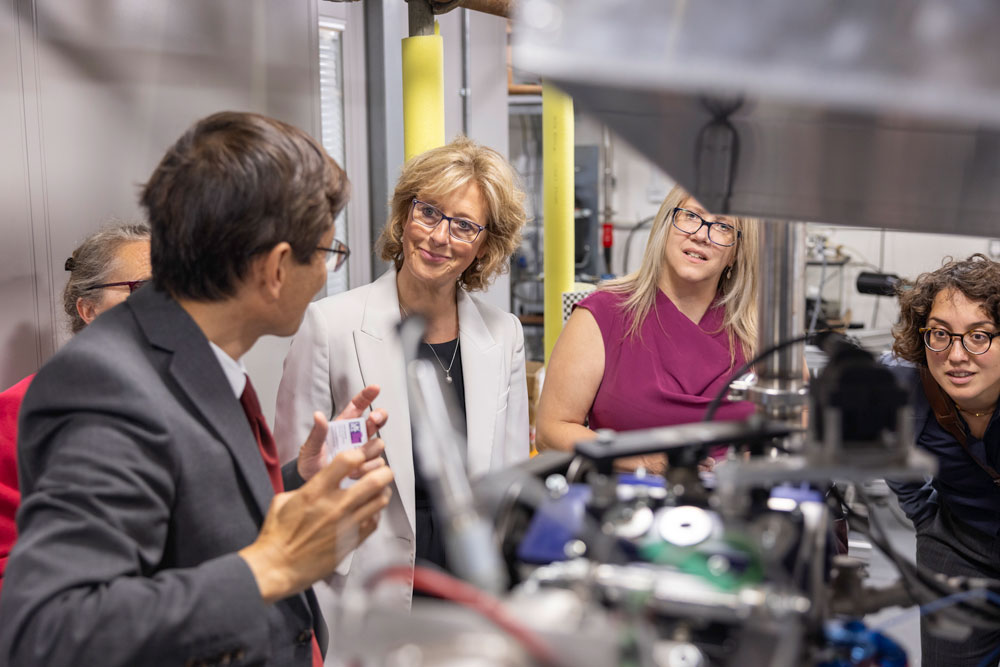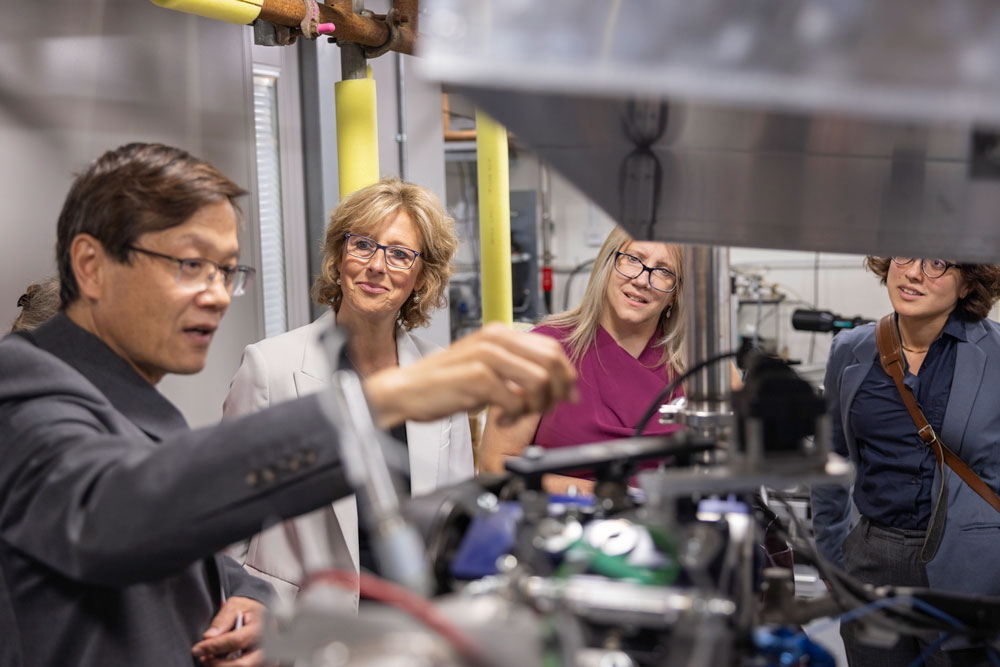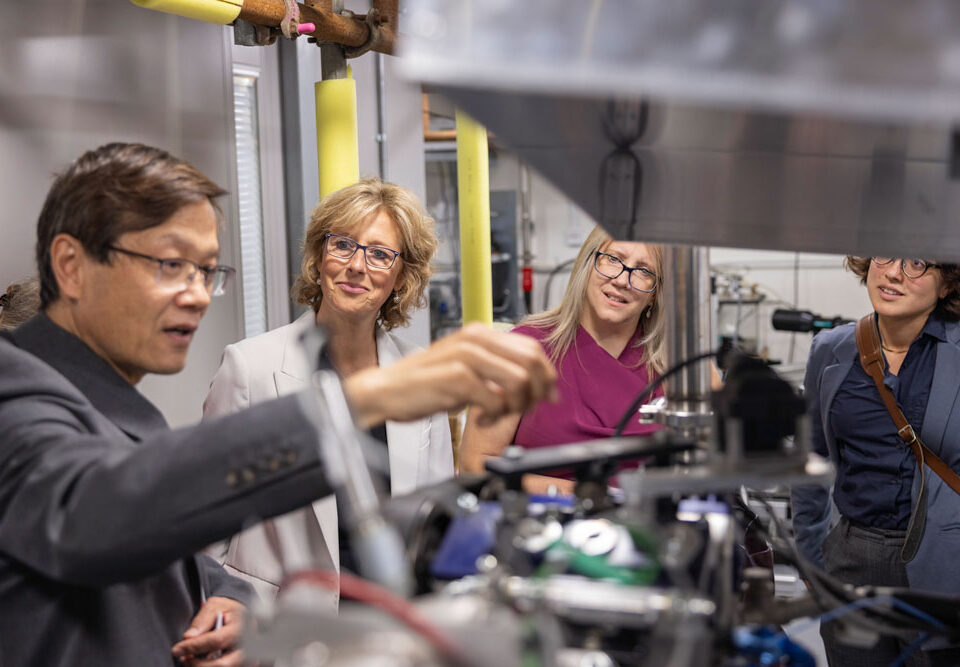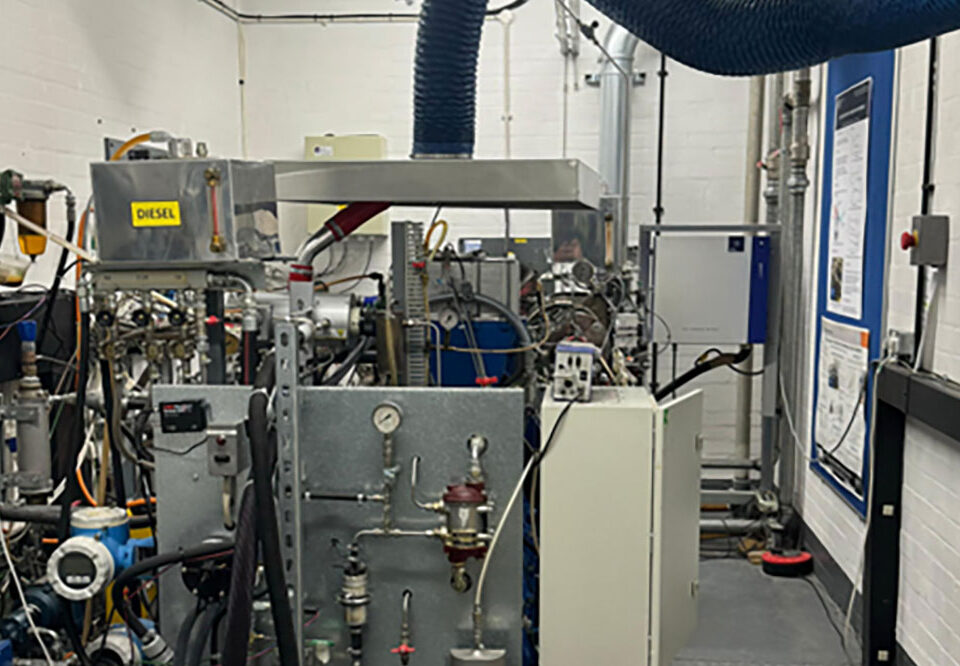Overview
Brunel University of London is leading a multimillion-pound national initiative to design clean, affordable, and ultra-efficient hydrogen-powered engines that emit zero carbon emissions.
The research addresses the pressing need for decarbonisation in heavy-duty transport and industrial sectors — areas that remain resistant to electrification. With a focus on real-world applications, the project seeks to revolutionise propulsion technologies across aircraft, ships, trucks, agricultural machinery, and construction equipment.
This project supports the UK’s wider aim to achieve net-zero carbon emissions by 2050 and contributes to the UK government’s Hydrogen Strategy. By creating viable hydrogen rotary and piston engines, the research will help drive sustainable transport and industrial solutions forward while building the UK’s leadership in hydrogen energy.
The Challenge
While electric engines are transforming cars and light transport, they fall short when applied to larger and more energy-intensive sectors. Hydrogen stands out as a flexible and clean alternative — able to deliver high power density and fast refuelling without producing direct carbon emissions.
However, for hydrogen to become a practical alternative, engines must be designed to be efficient, low-cost, and compatible with existing supply chains and fuel infrastructure. Brunel’s project targets these challenges head-on, with a goal to deliver engines that are not only technically sound but also affordable and scalable for industrial use.
Partnerships
The initiative is funded through UK Research and Innovation’s (UKRI) Prosperity Partnerships scheme, which promotes joint academic industry collaboration. The £1.3 million UKRI grant is matched by co-investments from two key industry partners: Advanced Innovative Engineering (AIE) Ltd and MAHLE Powertrain Ltd. This strong alignment of academic insight and engineering expertise will ensure the project delivers practical, deployable results.
As part of the UKRI-backed programme, Brunel’s venture is one of 23 new Prosperity Partnership projects selected nationally, supported by more than £97 million in combined public and private investment.

Research Focus
Brunel has become the first UK university to establish dedicated hydrogen engine research facilities. Its specialist team is working with AIE’s rotary engine engineers and MAHLE’s automotive consultants to create next-generation hydrogen rotary and piston engines. The research aims to overcome key technological barriers, such as managing combustion stability, reducing nitrogen oxide (NOₓ) emissions, and optimizing thermal and structural performance.
These new hydrogen engines are being designed to be both efficient and easy to integrate into existing supply chains – an essential step toward mass adoption in the transport and manufacturing sectors.
Impact
This project exemplifies how academic and industrial collaboration can address climate challenges while driving economic growth. As noted by Science Minister Lord Vallance, the Prosperity Partnerships “combine cutting-edge research with business expertise to turn science into practical solutions that can make a difference in people’s daily lives.”
Brunel’s work has the potential to stimulate new UK-based supply chains, foster green manufacturing, and position the country as a global leader in hydrogen engine technology. The results of this collaboration could help anchor a low-carbon economy, drive export opportunities, and transform the UK’s heavy-duty transport and industrial machinery landscape.
Strategy Areas
• Wind (Onshore, Offshore and Floating Offshore)
• Fusion Energy
• Nuclear Fission Hydrogen
• Carbon Capture Usage and Storage (CCUS), including Greenhouse Gas removals
• Heat Pumps.




